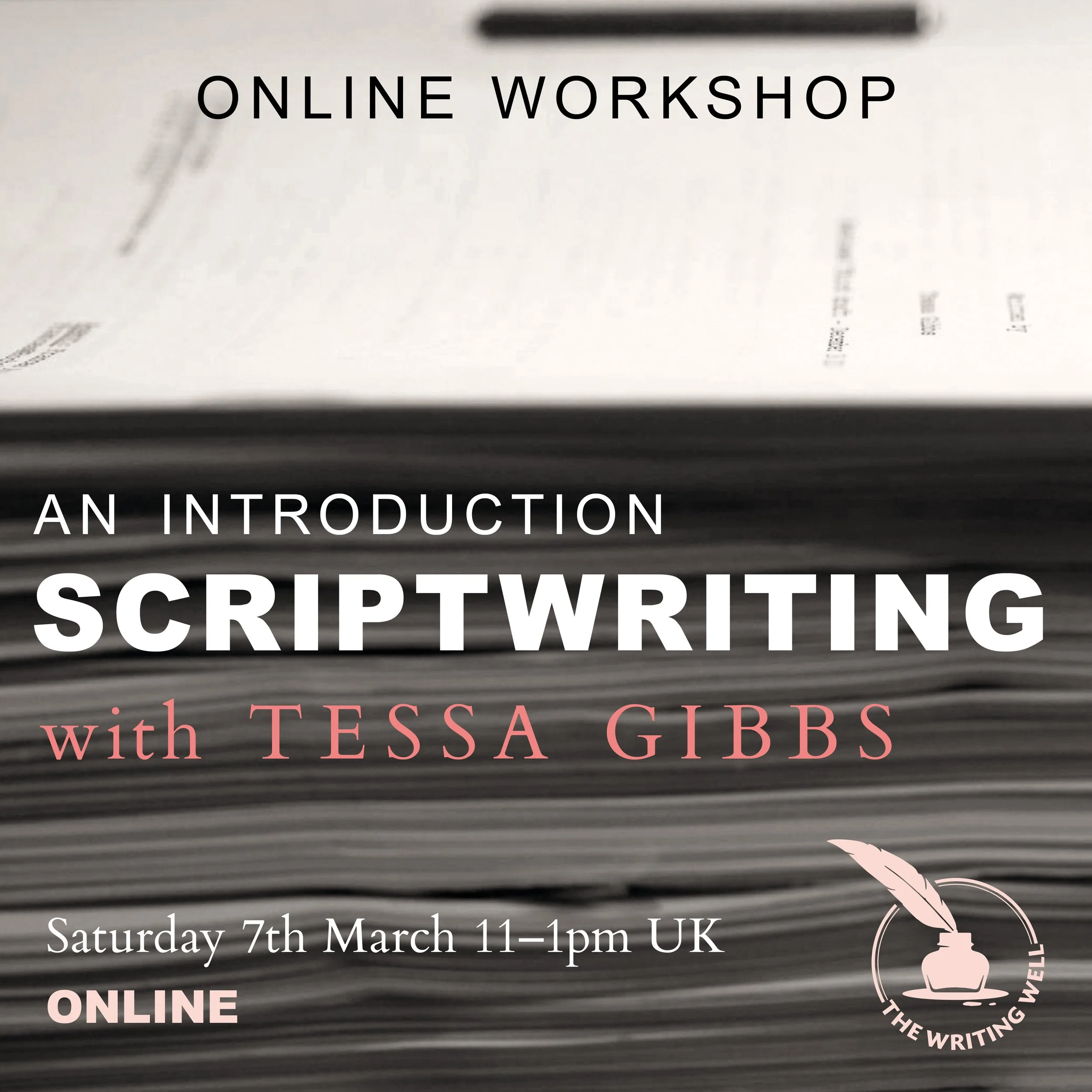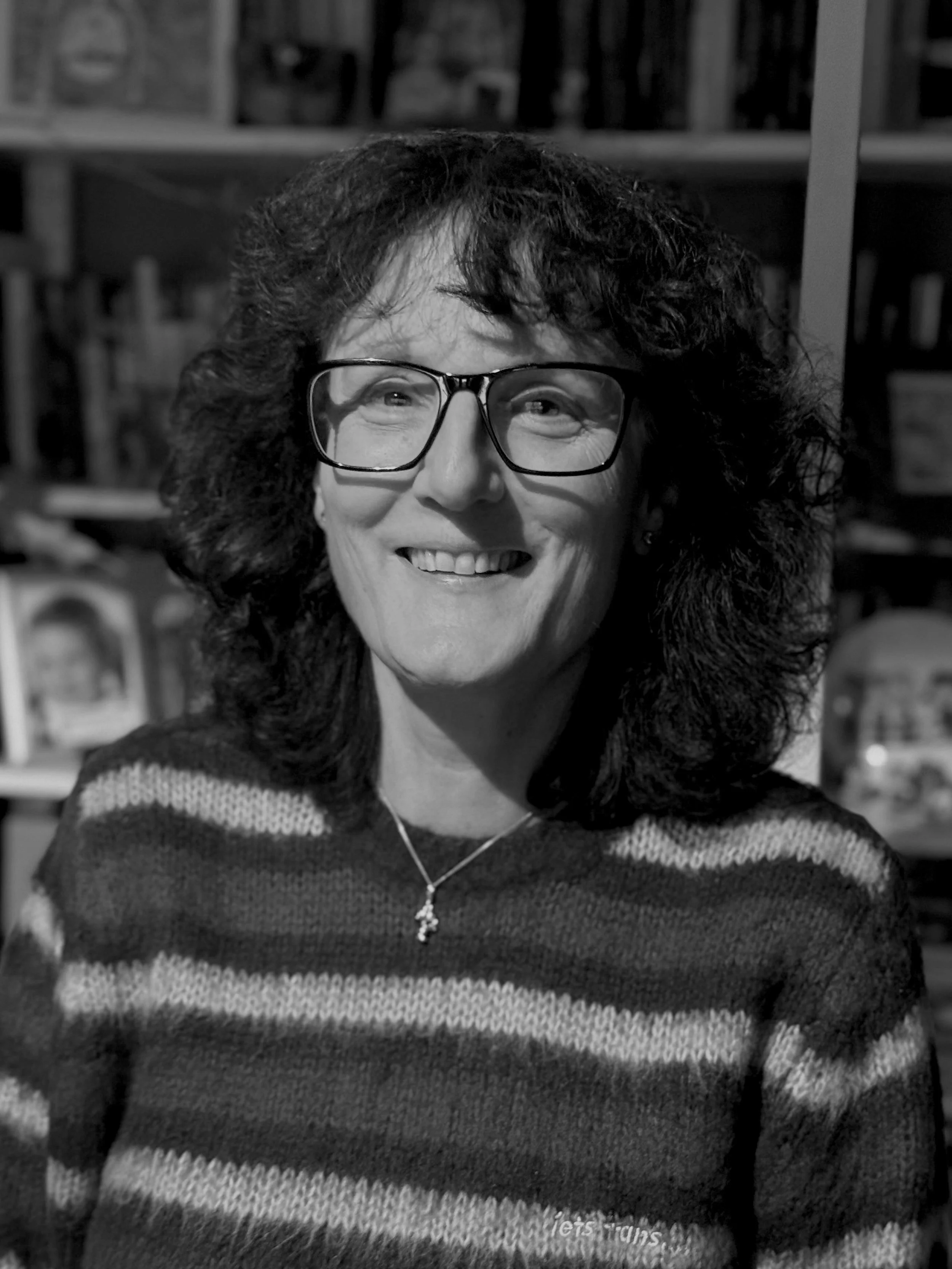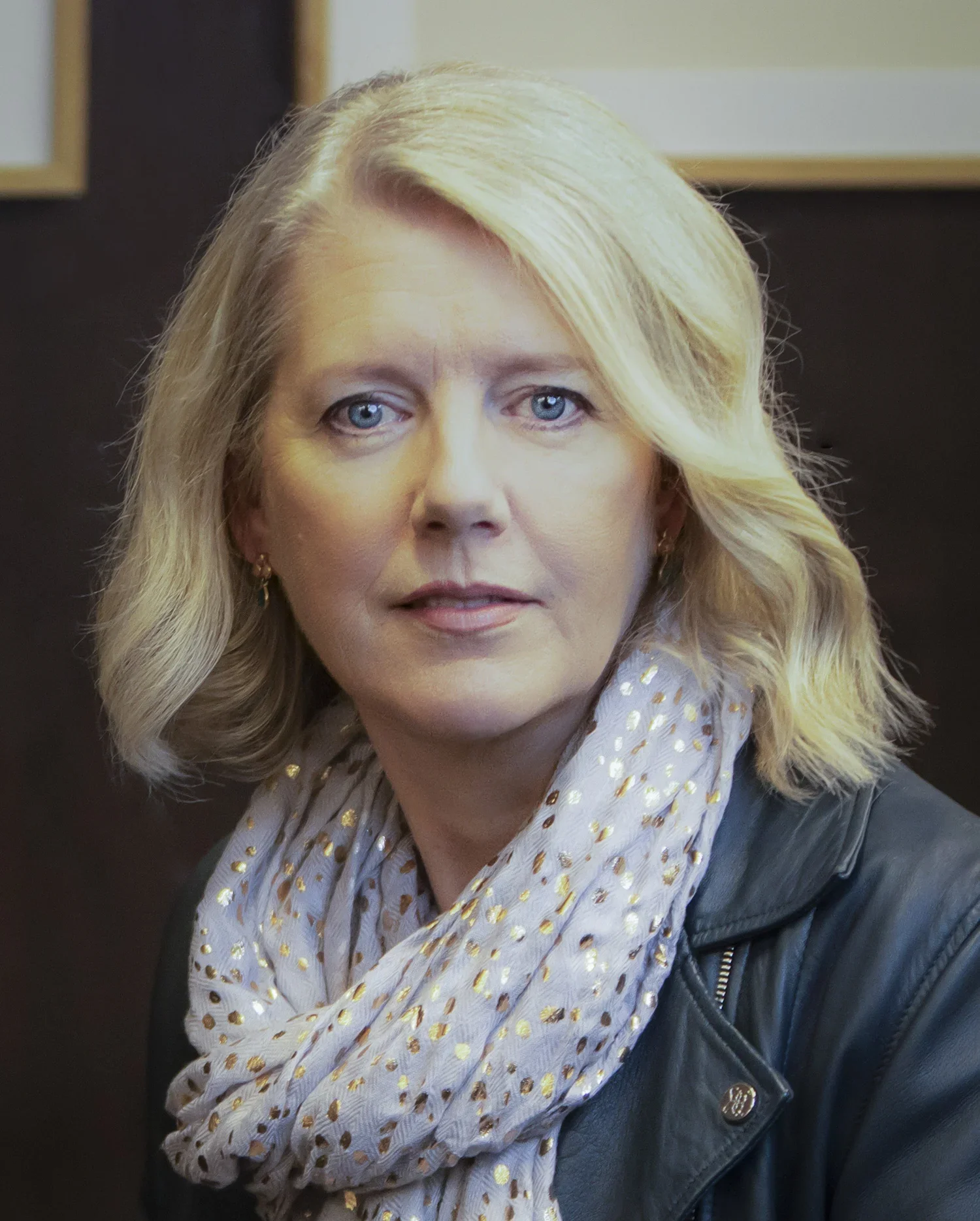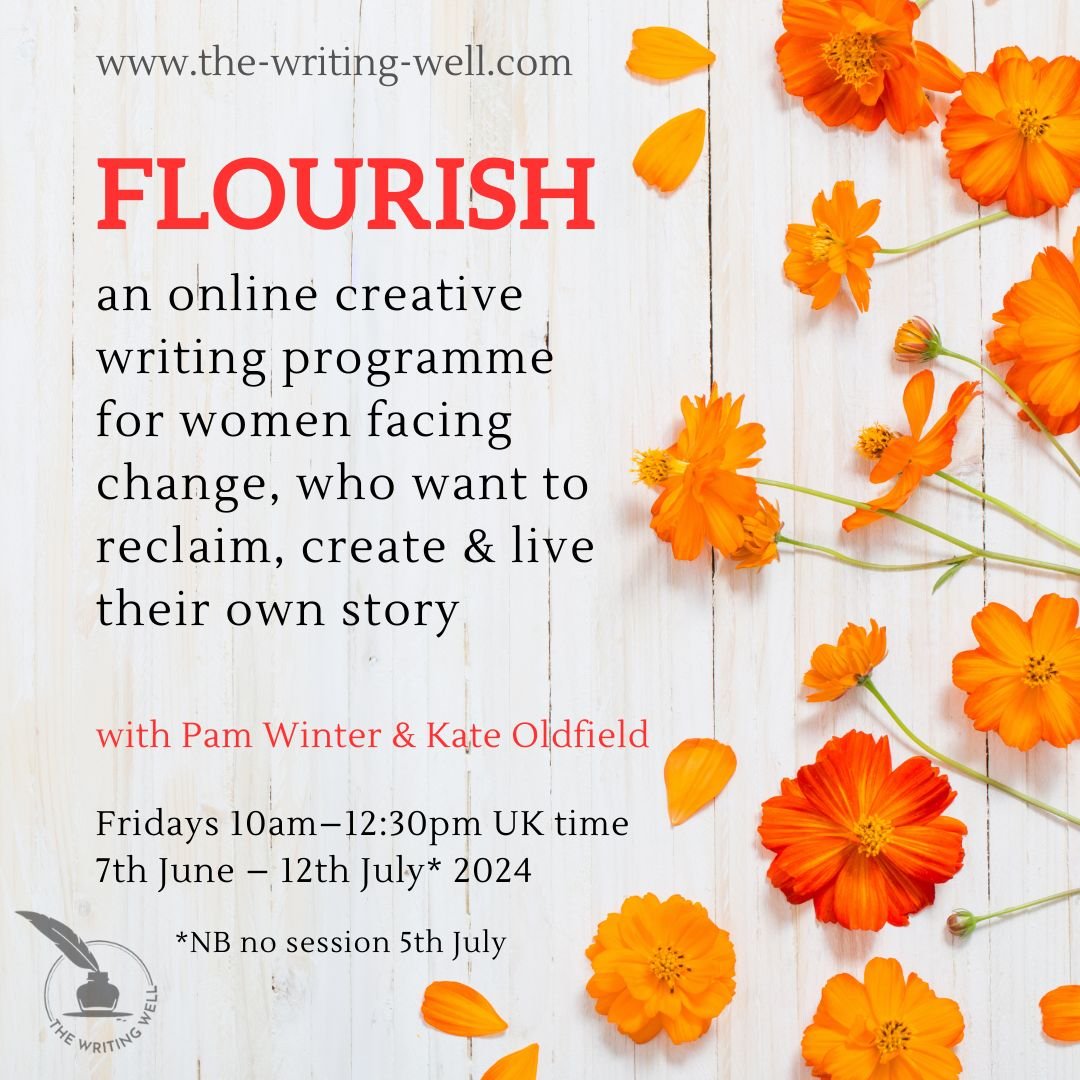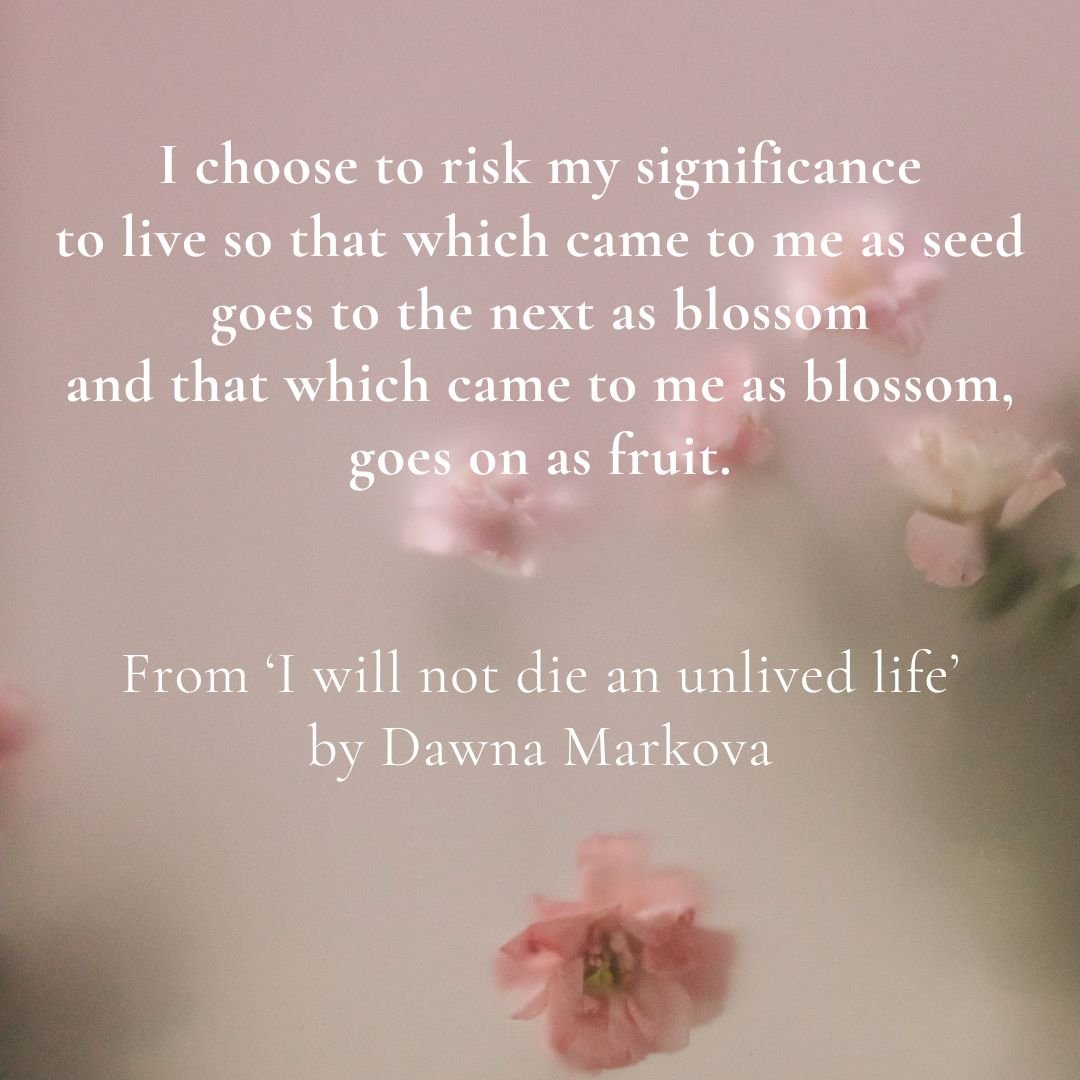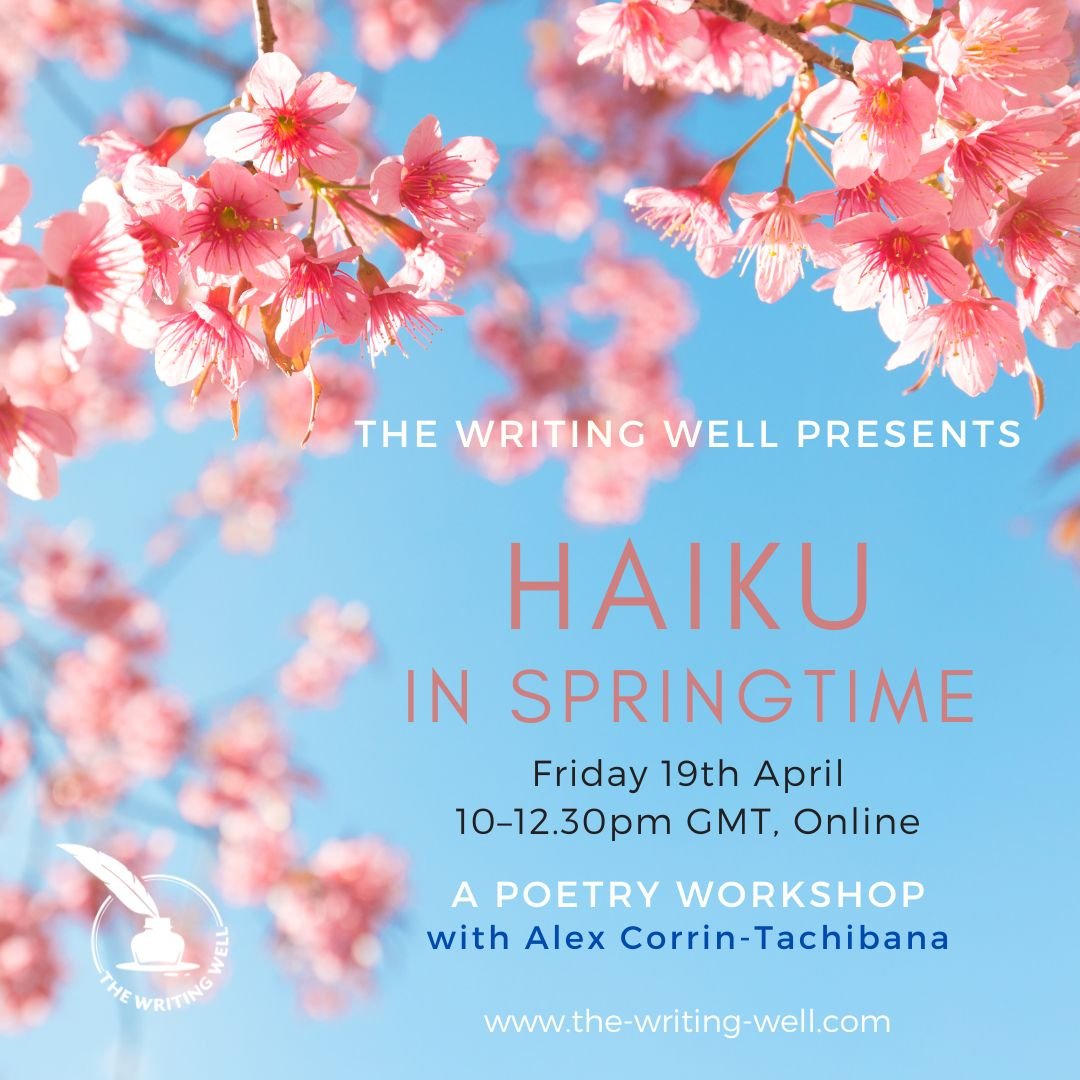
HAIKU IN SPRING | Online workshop with Alex Corrin-Tachibana | Friday 19th April
Settle with us for a morning exploring the Japanese poetry form, Haiku. We will use the time to reflect on the beauty and nature of spring under the watchful guidance of poet Alex Corrin-Tachibana, while we learn about the details of this most mindful of poetic practices, with a wonderful poet and teacher who has lived and written in Japan for a decade.
Haiku might be regarded as Japan’s most successful poetic export, and no doubt most of us will have encountered westernised versions of haiku at school. But did you know that in Japanese schools all students are encouraged to compose New Year haiku? Or that it is traditional to present the emperor with a birthday haiku? And how much do you know about the importance of the seasons in Japanese culture, and of seasonal words and tropes?
Drawing on a decade’s experience in Japan and her Masters in Japanese, Alex will guide you through the centuries from the origins of Japanese haiku (including Basho, Issa and others) through to 20th-century spring haiku by Sanki Saito, culminating in the stunning work of Scottish haijin (haiku writer) Gill Shaw, and her ekphrastic collaboration with photographer Roddy Mckenzie.
Expect plenty of generative prompts, bespoke audio materials, examples of Japanese scripts, and a chance to share your written responses. Alex will utilise her experience of Japanese culture to throw light on this form.
Numbers limited to 16.
Fee: £30
What people have said about Alex:
She is a wonderfully inspiring and generous facilitator who is always thinking about the best way to combine the space to practice writing poems with learning from already established poets.
Alex facilitated in a warm, thoughtful and supportive manner which created a safe space for participants to share ideas and extracts from their writing.
She has provided a rich mix of innovative material, facilitated inspired group discussions, and I have come away buzzing with ideas for new work!
Alex's workshops have introduced me to some of my new favourite writers. I would wholeheartedly recommend!
Places are limited, early booking recommended to avoid disappointment.
Alexandra Corrin-Tachibana has an MA in Writing Poetry from Newcastle University and an MA in Japanese Language from Sheffield University. Until this December, she also taught creative writing at Newcastle University.
She has an intimate knowledge of Japanese poetic form, having lived in Japan for ten years.
Her most recent work appeared in PN Review, The Moth, Poetry Wales, Fenland Poetry Journal, Tears in the Fence and The Alchemy Spoon. Online her poems can be read in Anthropocene, The High Window and London Grip.
She came third in the 2020 Oxford Brookes International Poetry competition, has been shortlisted for the Winchester and Troubadour prizes, and had two poems shortlisted by Billy Collins, for the 2022 Fish Prize.
Her debut collection, Sing Me Down from the Dark, is published by SALT.
Praise for Sing Me Down From the Dark:
‘Charting a cross-cultural relationship through courtship, wedding and a marriage’s slow disintegration, this collection carries us across continents and years through love, disappointment and anger towards a new beginning. Vulnerable, direct and formally exact, these are generous, courageous and devastating poems that will draw you in, hold you close and leave you feeling wrung out but triumphant.’
—Jacqueline Saphra
Settle with us for a morning exploring the Japanese poetry form, Haiku. We will use the time to reflect on the beauty and nature of spring under the watchful guidance of poet Alex Corrin-Tachibana, while we learn about the details of this most mindful of poetic practices, with a wonderful poet and teacher who has lived and written in Japan for a decade.
Haiku might be regarded as Japan’s most successful poetic export, and no doubt most of us will have encountered westernised versions of haiku at school. But did you know that in Japanese schools all students are encouraged to compose New Year haiku? Or that it is traditional to present the emperor with a birthday haiku? And how much do you know about the importance of the seasons in Japanese culture, and of seasonal words and tropes?
Drawing on a decade’s experience in Japan and her Masters in Japanese, Alex will guide you through the centuries from the origins of Japanese haiku (including Basho, Issa and others) through to 20th-century spring haiku by Sanki Saito, culminating in the stunning work of Scottish haijin (haiku writer) Gill Shaw, and her ekphrastic collaboration with photographer Roddy Mckenzie.
Expect plenty of generative prompts, bespoke audio materials, examples of Japanese scripts, and a chance to share your written responses. Alex will utilise her experience of Japanese culture to throw light on this form.
Numbers limited to 16.
Fee: £30
What people have said about Alex:
She is a wonderfully inspiring and generous facilitator who is always thinking about the best way to combine the space to practice writing poems with learning from already established poets.
Alex facilitated in a warm, thoughtful and supportive manner which created a safe space for participants to share ideas and extracts from their writing.
She has provided a rich mix of innovative material, facilitated inspired group discussions, and I have come away buzzing with ideas for new work!
Alex's workshops have introduced me to some of my new favourite writers. I would wholeheartedly recommend!
Places are limited, early booking recommended to avoid disappointment.
Alexandra Corrin-Tachibana has an MA in Writing Poetry from Newcastle University and an MA in Japanese Language from Sheffield University. Until this December, she also taught creative writing at Newcastle University.
She has an intimate knowledge of Japanese poetic form, having lived in Japan for ten years.
Her most recent work appeared in PN Review, The Moth, Poetry Wales, Fenland Poetry Journal, Tears in the Fence and The Alchemy Spoon. Online her poems can be read in Anthropocene, The High Window and London Grip.
She came third in the 2020 Oxford Brookes International Poetry competition, has been shortlisted for the Winchester and Troubadour prizes, and had two poems shortlisted by Billy Collins, for the 2022 Fish Prize.
Her debut collection, Sing Me Down from the Dark, is published by SALT.
Praise for Sing Me Down From the Dark:
‘Charting a cross-cultural relationship through courtship, wedding and a marriage’s slow disintegration, this collection carries us across continents and years through love, disappointment and anger towards a new beginning. Vulnerable, direct and formally exact, these are generous, courageous and devastating poems that will draw you in, hold you close and leave you feeling wrung out but triumphant.’
—Jacqueline Saphra

